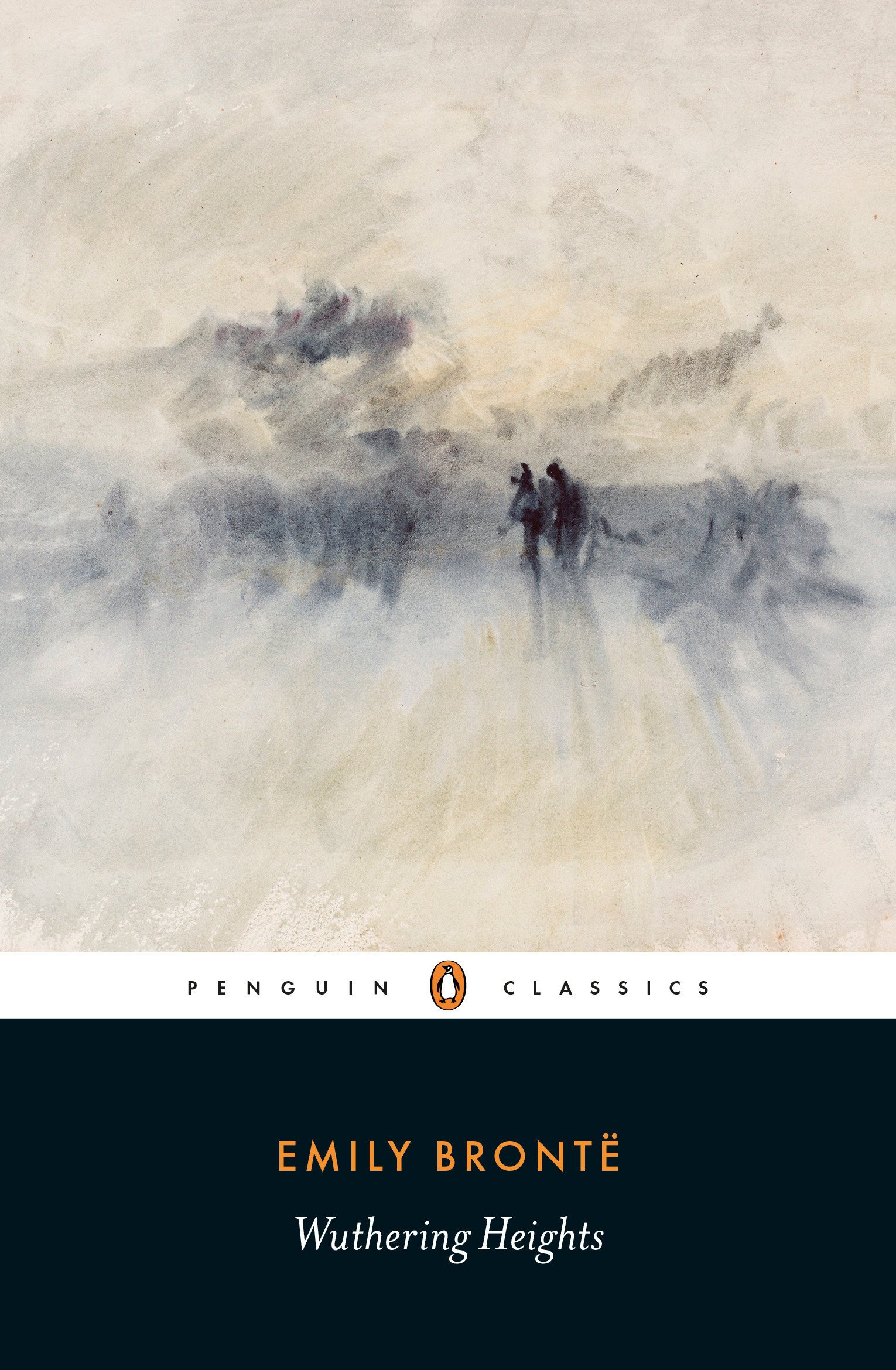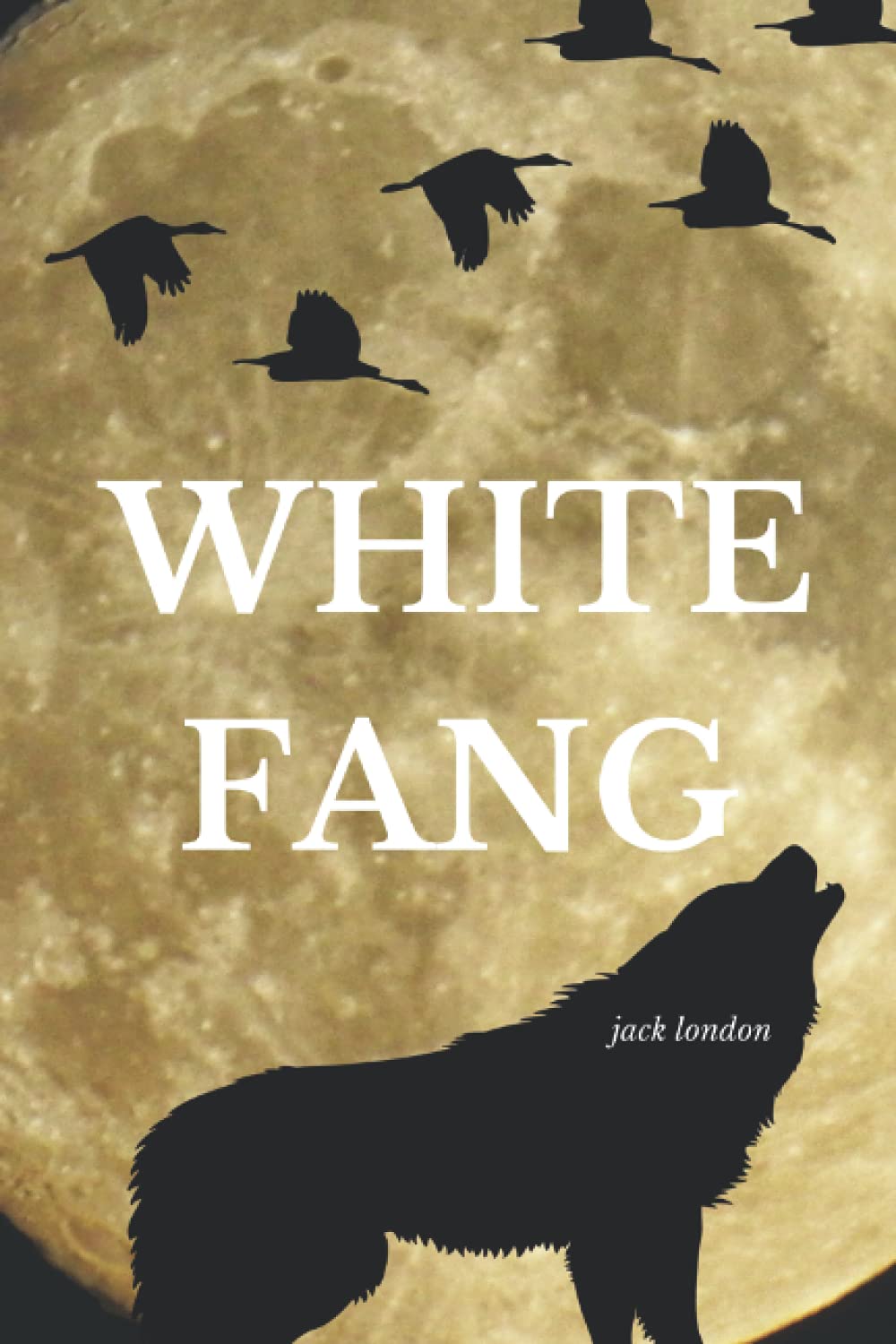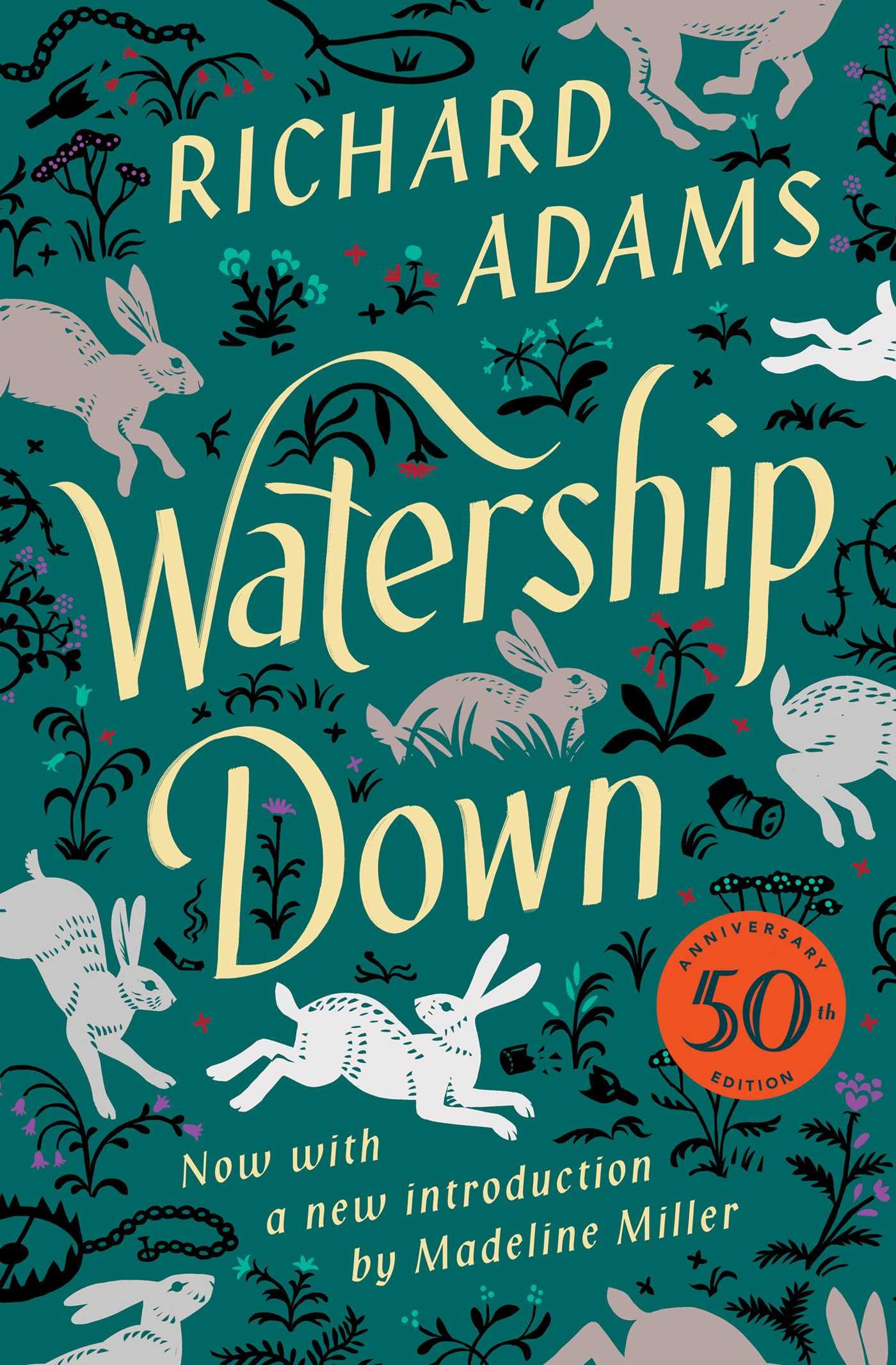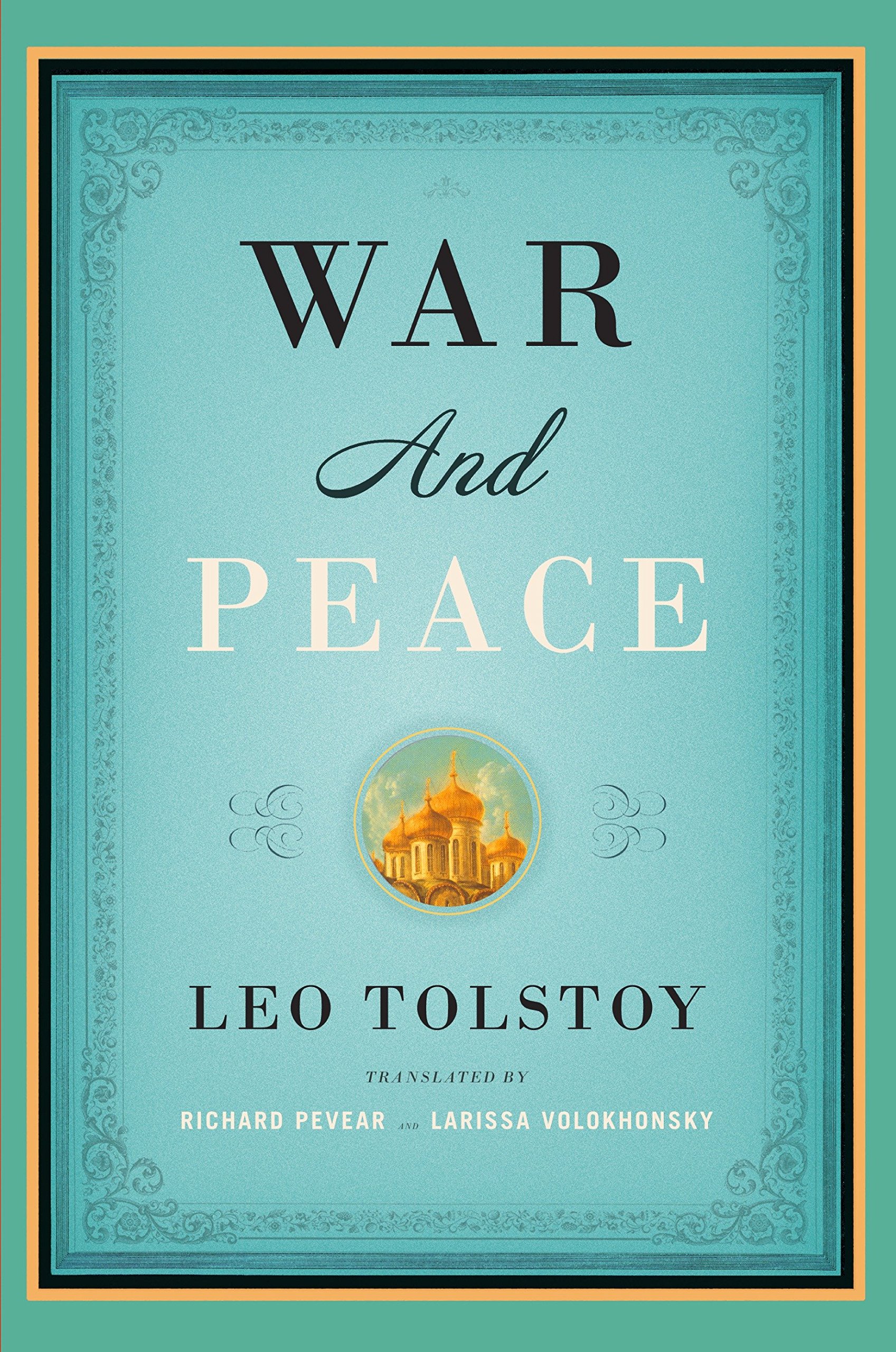The Castle by Franz Kafka
The Castle by Franz Kafka for Beginners
Let's Chat
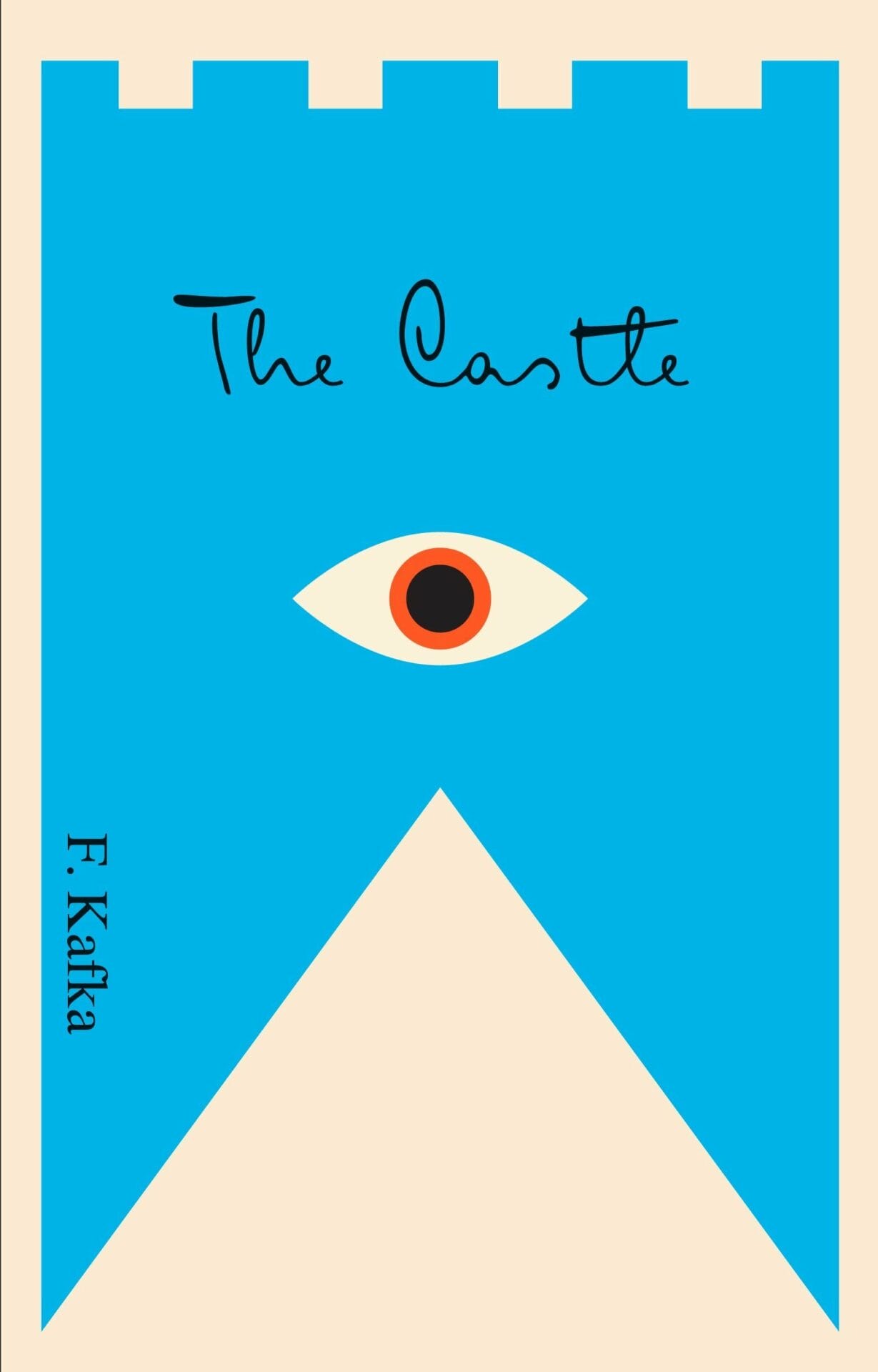
About This Book
Introduction
The Castle is a fascinating book written by Franz Kafka. It is a story about a man named K. who arrives in a small village and tries to gain access to a mysterious castle. This book is full of adventure, mystery, and interesting characters that will keep you hooked from beginning to end.
Review
The Castle is a thrilling book that will take you on a journey through a strange and puzzling world. K., the main character, is determined to reach the castle and find out why he was summoned there. Along the way, he encounters many obstacles and meets peculiar people who either help or hinder him in his quest.
The author, Franz Kafka, has a unique writing style that will make you feel like you are right there with K. as he navigates through the village and interacts with its inhabitants. The book is filled with suspense and keeps you guessing about what will happen next.
One of the things that makes The Castle so interesting is the way it explores themes of bureaucracy and power. K. constantly struggles against the rules and regulations of the village, which are controlled by the castle. This book will make you think about how power can affect people’s lives and the importance of questioning authority.
Analysis
The Castle is a complex book that can be interpreted in many different ways. Some people believe that the castle represents a higher power or authority that is unreachable, while others think it symbolizes the struggles and frustrations of everyday life. The book raises questions about the nature of power and the individual’s place in society.
The characters in The Castle are also very intriguing. From the mysterious officials to the helpful innkeeper’s daughter, each character adds depth to the story and keeps you engaged. You will find yourself wondering about their motivations and how they fit into the larger narrative.
About the Author
Franz Kafka was a famous writer from Prague, which is now part of the Czech Republic. He was born in 1883 and died in 1924. Kafka’s works often explore themes of alienation, bureaucracy, and the human condition. He is considered one of the most influential writers of the 20th century and his books continue to be studied and enjoyed by readers around the world.
The Castle by Franz Kafka for Advanced Learners
Let's Chat

About This Book
Introduction
“The Castle” is a novel written by Franz Kafka, one of the most influential authors of the 20th century. Kafka’s works, including “The Castle,” are renowned for their exploration of complex themes such as alienation, existential anxiety, guilt, and absurdity. The novel was left unfinished by Kafka and was published posthumously in 1926. It is a profound and enigmatic piece of literature that continues to captivate readers with its unique blend of realism and surrealism.
Review
“The Castle” is a story about a man named K., who arrives in a village dominated by a castle. K. is a land surveyor who has been summoned by the castle authorities. However, upon his arrival, he finds that his services are not needed, and he is not even expected. Despite this, K. decides to stay in the village and persistently tries to gain access to the mysterious authorities who run the castle.
The novel is a labyrinth of bureaucratic red tape and absurdity, reflecting Kafka’s own experiences with bureaucracy. The castle, which is always visible but never reachable, symbolizes the unattainable nature of authority. The villagers’ blind faith in the castle’s authority, despite its apparent indifference to them, is a critique of society’s unquestioning acceptance of authority.
Kafka’s writing style in “The Castle” is characterized by long, complex sentences and a lack of paragraph breaks, which can make the novel challenging to read. However, this style effectively conveys the protagonist’s feelings of confusion and frustration. The novel’s ambiguous ending, which leaves K.’s fate unresolved, adds to its sense of mystery and intrigue.
Analysis
“The Castle” is a richly symbolic work that explores themes of alienation, bureaucracy, and the nature of authority. The protagonist, K., is a stranger in a strange land, isolated from the villagers and the castle authorities. His futile attempts to gain access to the castle reflect the human struggle for meaning and purpose in a seemingly indifferent universe.
The novel’s portrayal of bureaucracy is particularly striking. The castle’s administration is a maze of departments and officials, none of whom seem to have any clear responsibilities or authority. This depiction of bureaucracy as a dehumanizing and irrational system is a powerful critique of modern society.
The castle itself is a potent symbol in the novel. It is always present, looming over the village, but its interior remains inaccessible and its purpose unclear. This symbolizes the elusive nature of authority and the power it holds over individuals and society.
The novel’s ambiguous ending, in which K. is left standing outside the castle, reinforces its themes of alienation and the unattainability of authority. It leaves the reader with a sense of unease and uncertainty, reflecting Kafka’s view of the human condition.
About the Author
Franz Kafka was born in Prague in 1883 and is considered one of the most important figures in 20th-century literature. His works, which include “The Metamorphosis,” “The Trial,” and “The Castle,” are known for their exploration of complex themes such as alienation, existential anxiety, and absurdity.
Kafka’s writing is characterized by its surreal, dreamlike quality and its depiction of individuals struggling against incomprehensible and oppressive systems. His works have had a profound influence on literature and have inspired a term, “Kafkaesque,” used to describe situations that are bizarre, surreal, or characterized by overwhelming bureaucratic complexity.
Despite his significant literary contributions, Kafka lived a relatively obscure life. He worked as an insurance officer and wrote in his spare time. He never married and had few close relationships. Kafka died of tuberculosis in 1924 at the age of 40. His works were largely unpublished during his lifetime, and he even asked his friend Max Brod to destroy his manuscripts after his death. Fortunately for the world of literature, Brod ignored this request and published Kafka’s works posthumously.

